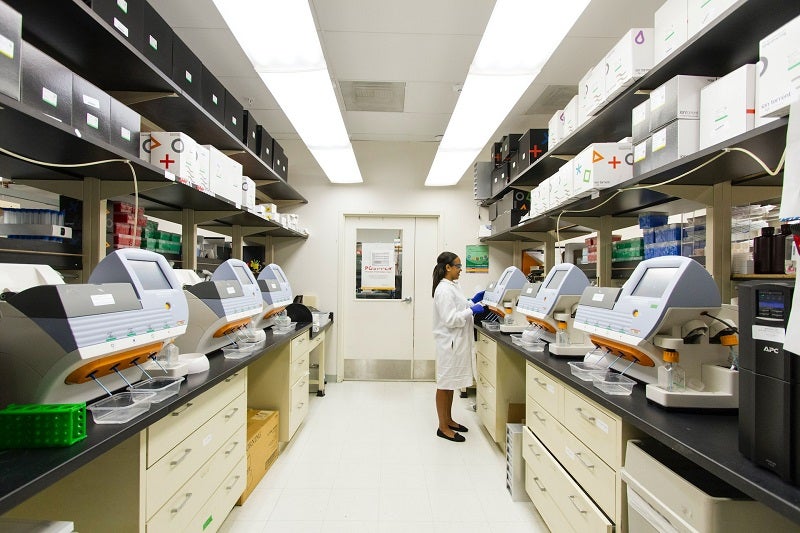
Palatin Technologies has initiated the Phase IIb BREAKOUT clinical trial of bremelanotide in diabetic kidney disease patients.
The open-label, multicentre, prospective study has been designed for evaluating the efficacy of the melanocortin agonist, bremelanotide, in reducing urinary protein and maintaining the podocyte density and function.

Discover B2B Marketing That Performs
Combine business intelligence and editorial excellence to reach engaged professionals across 36 leading media platforms.
The participant enrolment/screening for the trial commenced in December last year, and dosing is anticipated to begin this month.
Up to 45 participants with biopsy-proven type II diabetic kidney disease and a >1000mg/gm UP/Cr ratio are planned to be enrolled at up to seven US sites.
In the BREAKOUT study (BMT-701), the participants will be given bremelanotide therapy twice a day (BID), besides their maximum tolerated RAAS inhibition therapy, for a period of six months.
This will be followed by a 12-month follow-up period.

US Tariffs are shifting - will you react or anticipate?
Don’t let policy changes catch you off guard. Stay proactive with real-time data and expert analysis.
By GlobalDataA reduction of 50% in the subjects’ urine protein/creatinine (UP/Cr) ratio after receiving six months of combined therapy (RAAS inhibition therapy plus bremelanotide) is the trial’s primary endpoint.
The change in eGFR, analyses of partial remission, and clinical remission are some of the secondary endpoints of the trial.
Palatin Technologies president and CEO Carl Spana said: “We are pleased to initiate the Phase II BREAKOUT study, which utilises our robust melanocortin anti-inflammation/pro-resolution platform.
“We continue to execute on our strategy that the melanocortin system is an important mechanism for the resolution of inflammation and promotion of tissue repair.
“With the BREAKOUT Study, we now have three active melanocortin-based clinical programs: our MELODY-1 Phase III dry eye disease trial, a Phase II ulcerative colitis trial, and a Phase II diabetic kidney disease trial, all with data readouts throughout calendar year 2023.”
Participant enrolment is expected to be completed in the third quarter of this year, and final topline data from the study is expected by the end of the first quarter of next year.





